Surviving three months in Bogotá shouldn’t be too hard, so I thought. Because Latin American food is one of my staples in DC. However, the restaurants in my patch, Mount Pleasant and around, are mainly Mexican and Central American (Salvadoran, in particular). My first time in South America consequently introduced me to the nuance of Colombian cuisine. The eats expanded my epicurean mental map—linking the interconnection of food.
In general, you could find similar key components across Latin American food: meat, rice, beans, potatoes, and plantain—sharing the similar multicultural influence of the Columbian exchange. To me, what distinguished Colombian food was the corn product. For the first time, I found arepas.
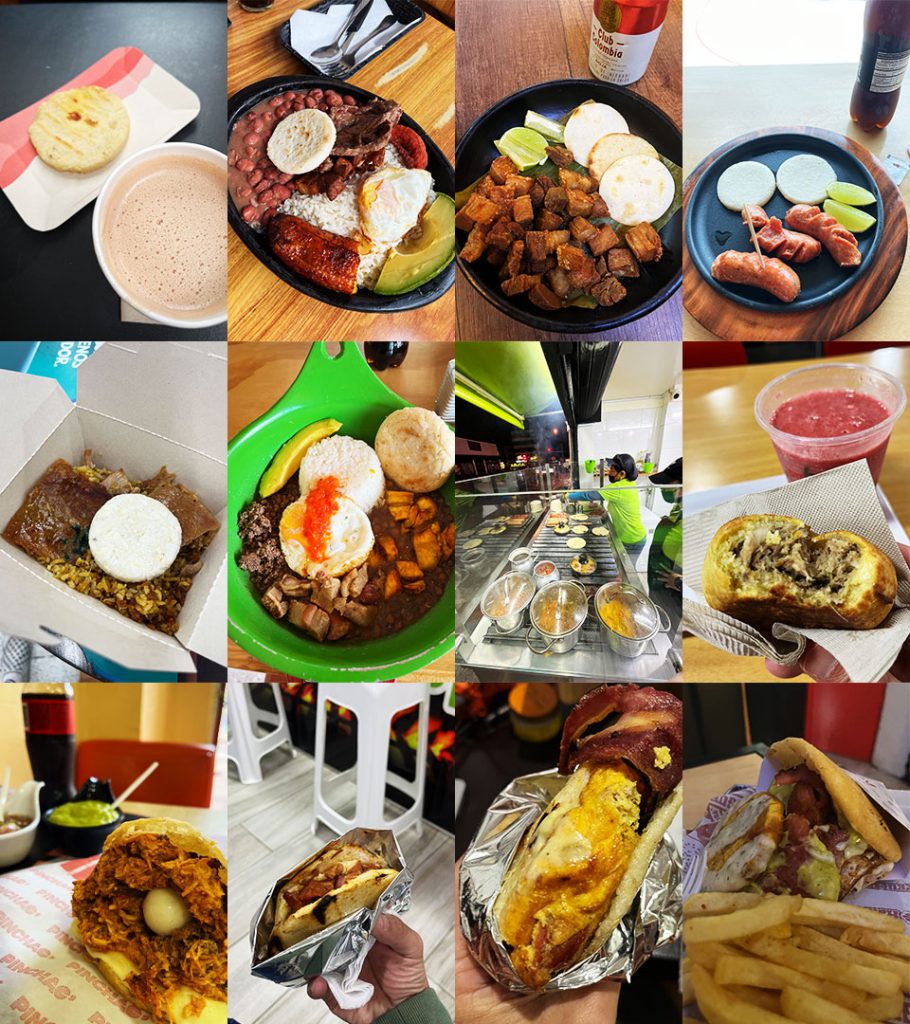
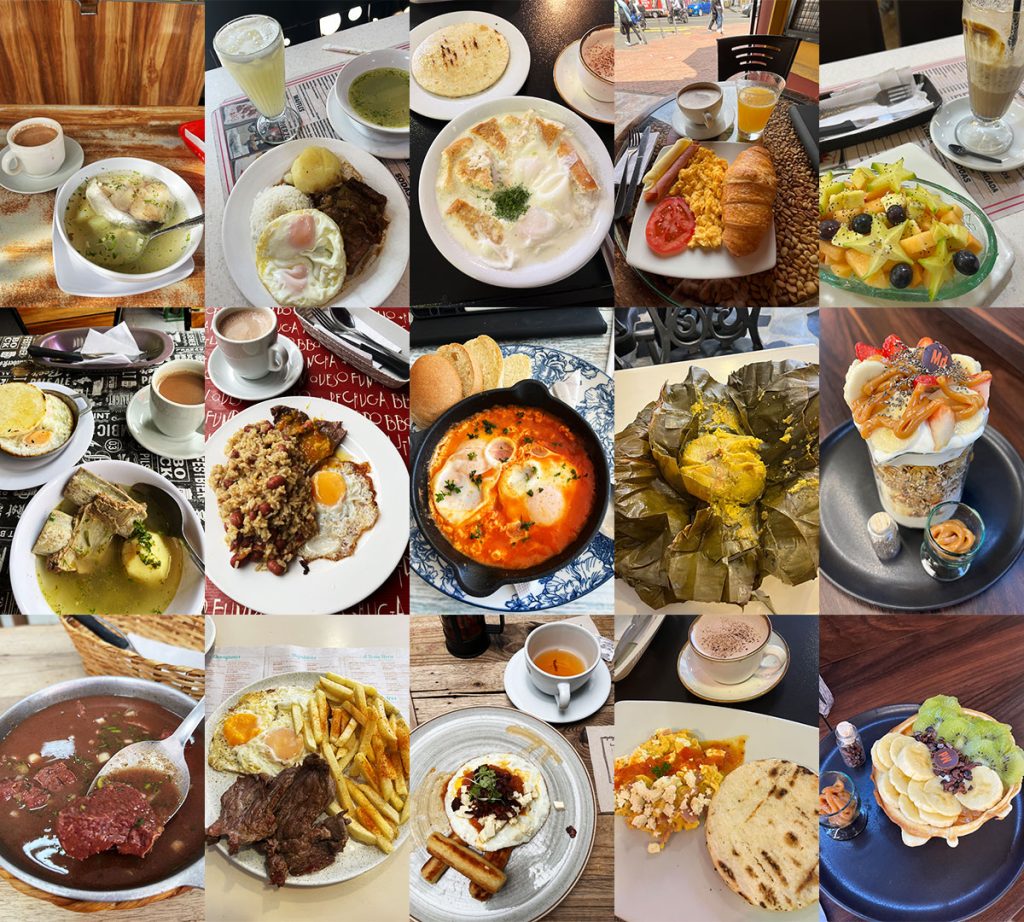
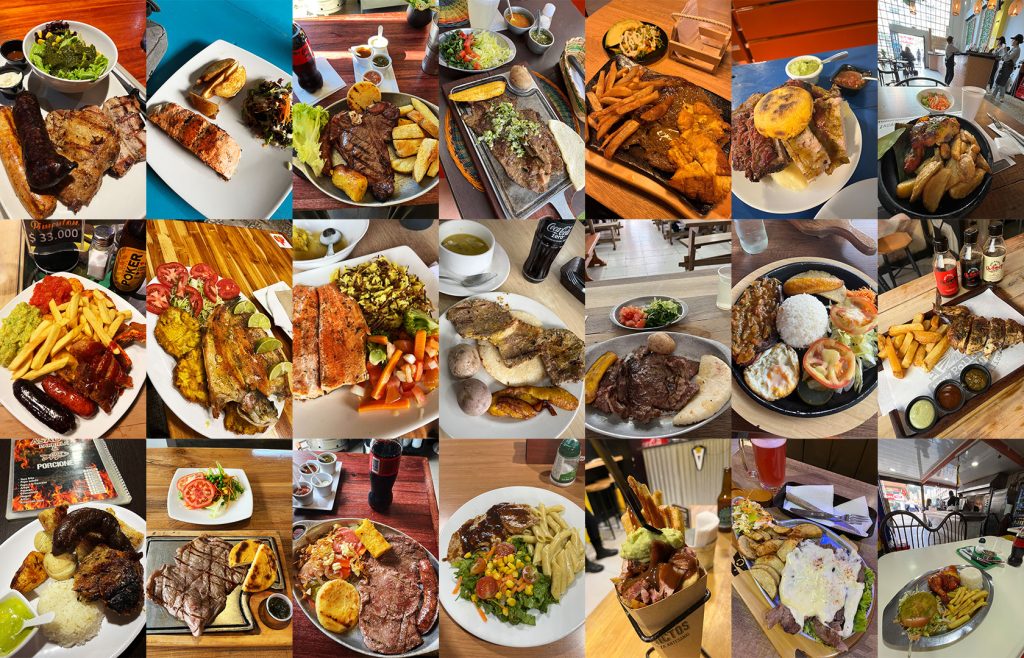
This pre-colonial corn cake grew on me. I wasn’t sure about its flaky texture when I first had it with Cazuela. But later it intrigued me with the variations and uses (like corn tortillas): as sides, quick snacks, with stuffing inside (like empanadas), or with meat in-between (like burgers). From street carts to airport lounges, from breakfast to late-night snacks—they were everywhere and all day long. While dropping luggage at the departure, the crew asked what my favourite Colombian food was. “Arepa”, I replied without hesitation.
Breakfast options were extensive. From typical egg dishes including chengua (egg in milk soup) to soups: caldo do pescado (fish broth), and caldo de costilla (beef ribs broth). From tamales to fruit salad. My most adventurous dish in Colombia would be caldo de pajarilla (bovine spleen soup).
Asado (grilled meat) was always my indulgence (also fried stuff). On the grill, the meat could be different cuts of steak, chicken, pork ribs, chorizo, morcilla (blood sausage), or fish. I once even had chigüiro (capybara). They usually came with salsa, guacamole, salads, potatoes (fried or baked), rice, plantain, or arepa. On the other side, they made me crave for spicy Northeast Thai dipping sauce (น้ำจิ้มแจ่ว). The meat would go well with it for my palate.
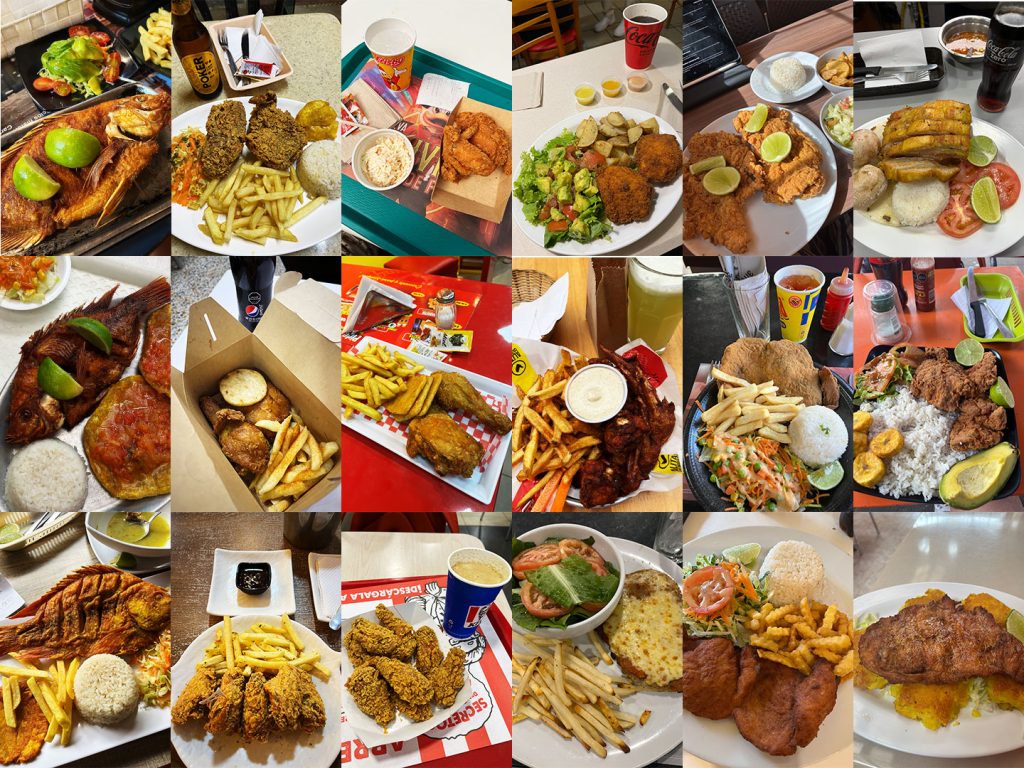
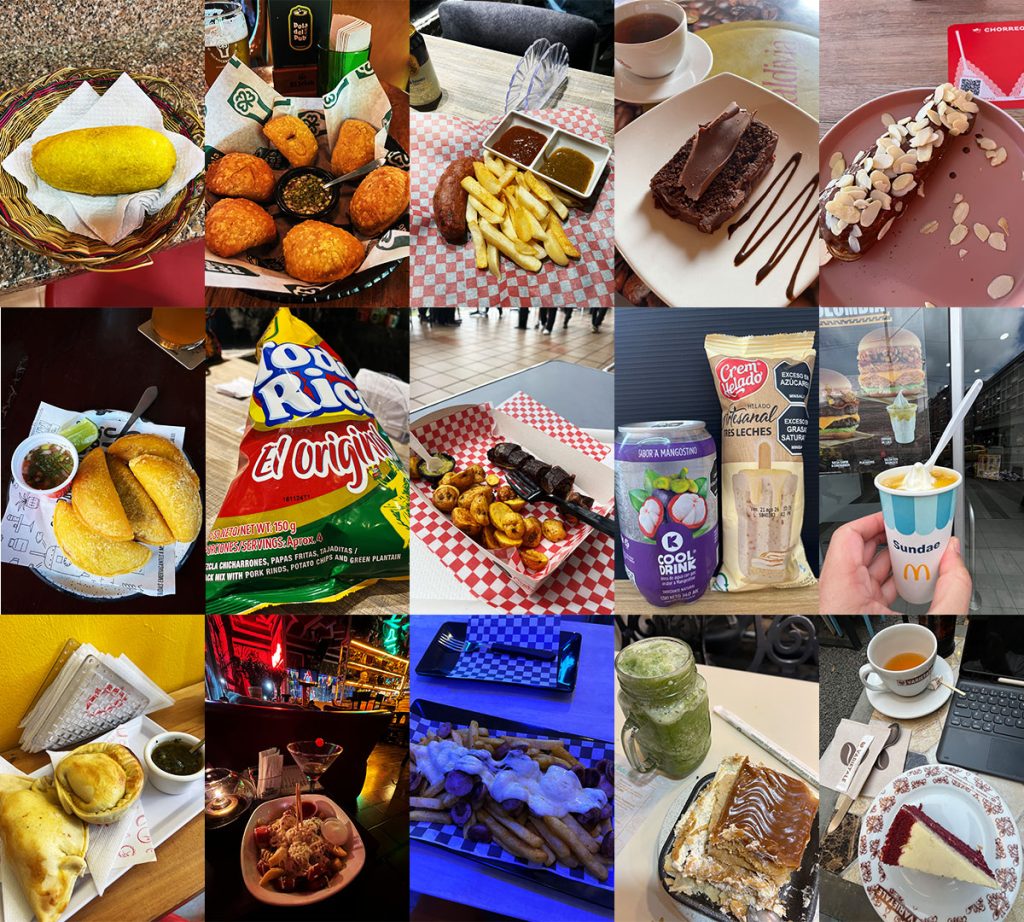
Some other features I found were the generous use of chicharrón (who wouldn’t like crispy pork belly), salchipapa, buñuelo (fried dough), loads of fruits, cocoa, and certainly coffee. Unfortunately and understandably, tea culture isn’t a thing there.
There was no way I could explore them all especially food from other regions in the country. Street foods were tricky to get because I didn’t bother learning Spanish. Nonetheless, over the months, I gained more confidence in ordering food and got even better at Latin restaurants back in DC. Those first tastes of South America made me want more in my culinary mental map.
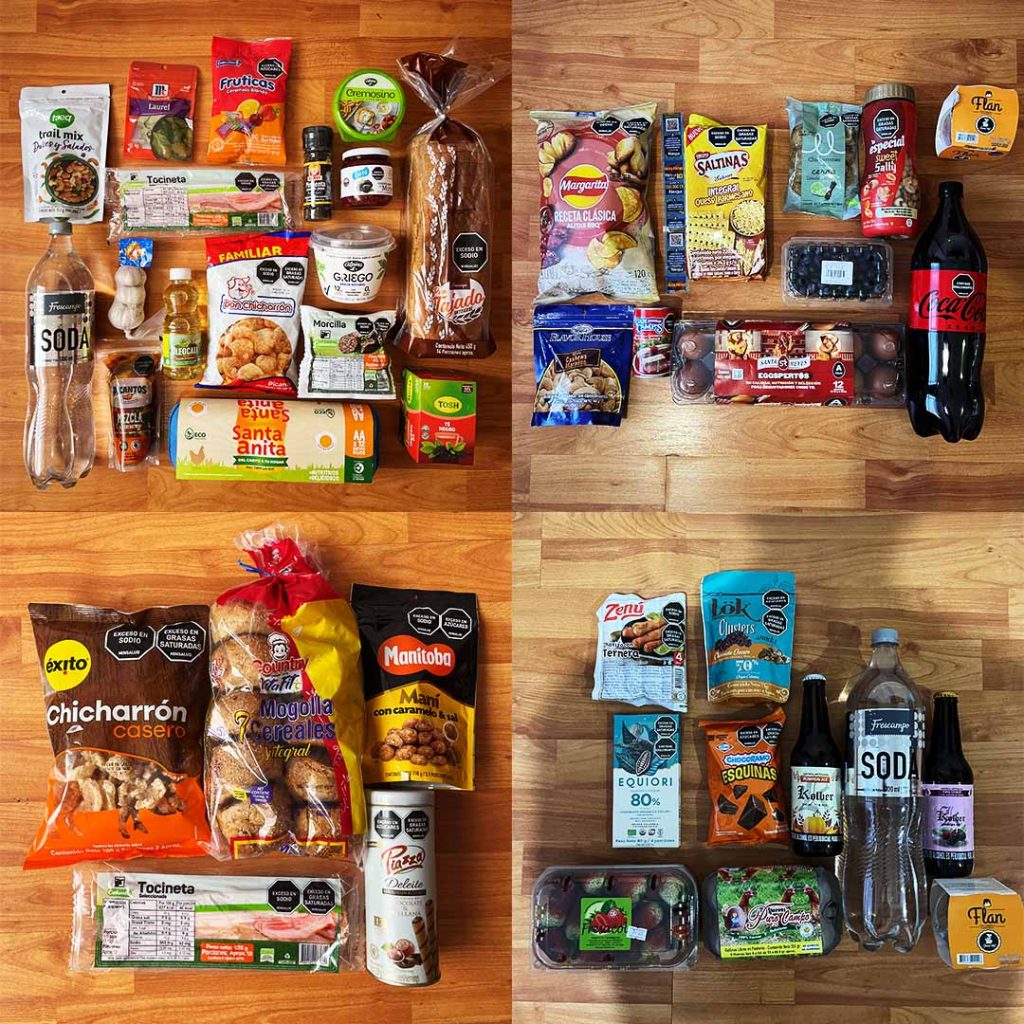
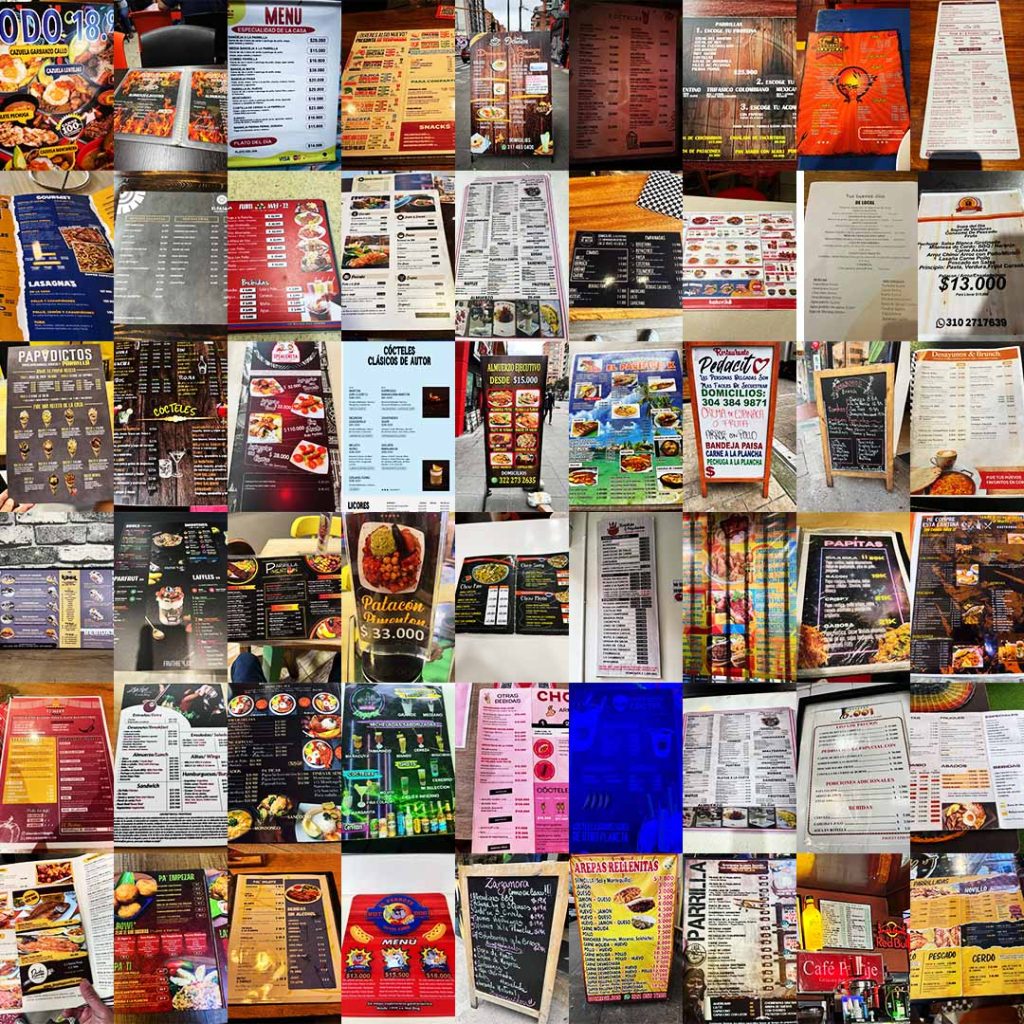
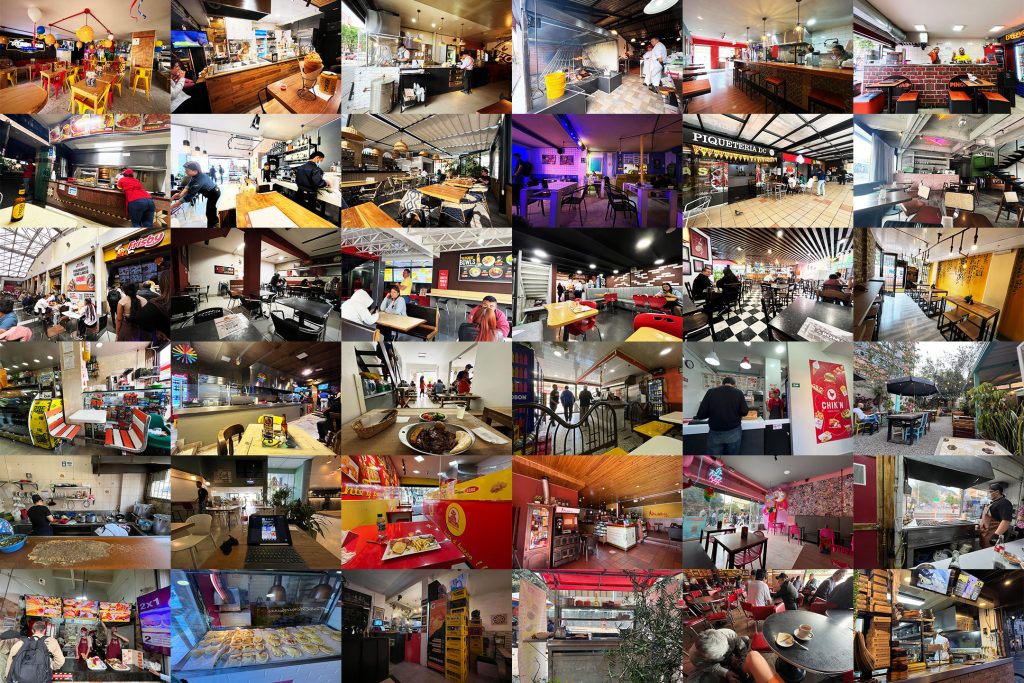
Next…drinks!
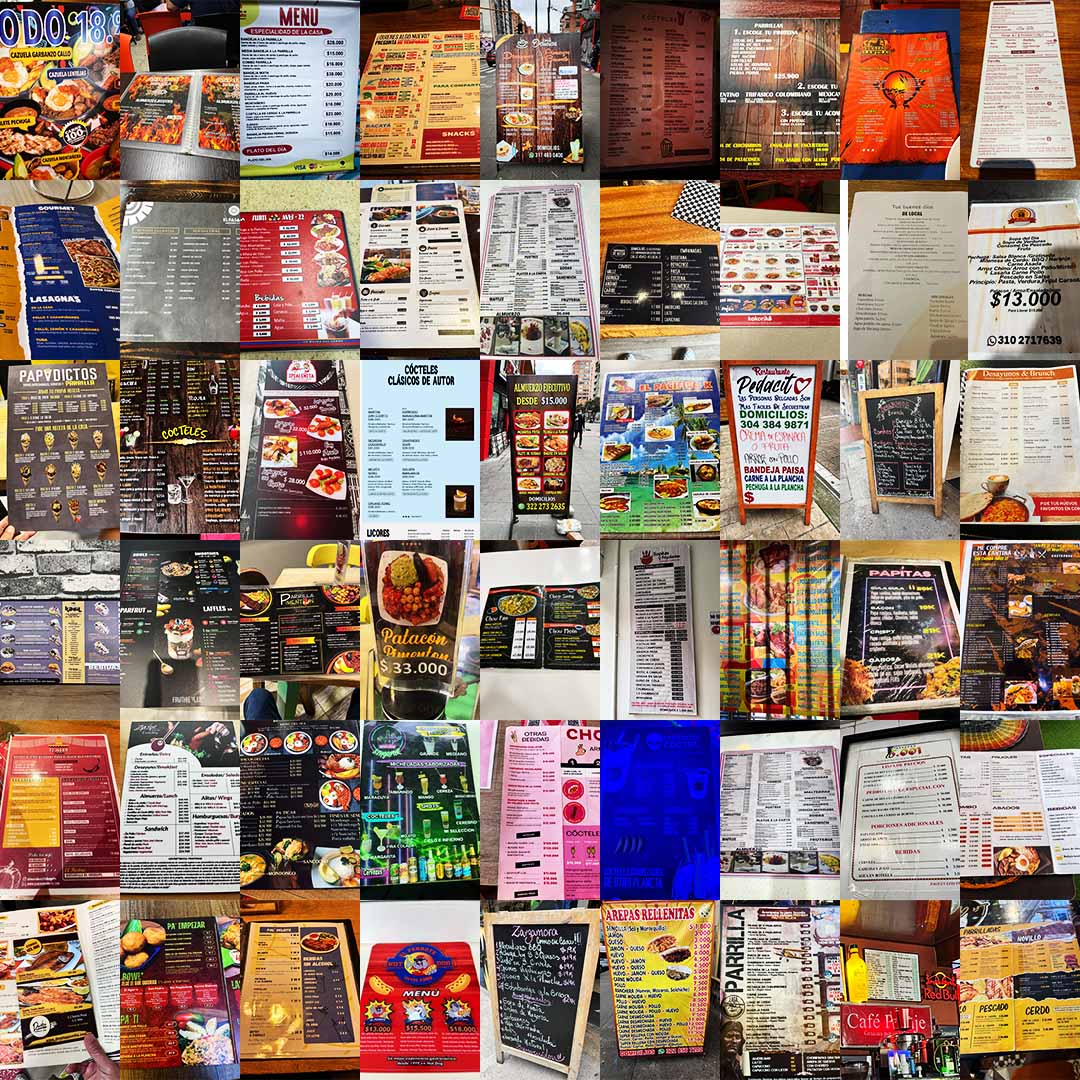
1 Pingback